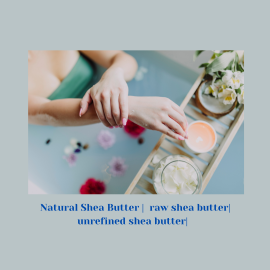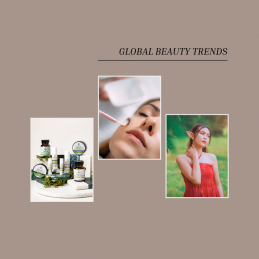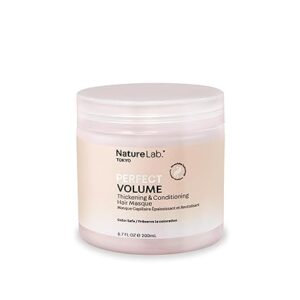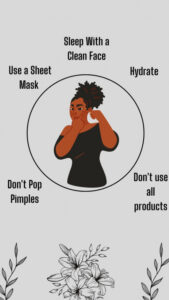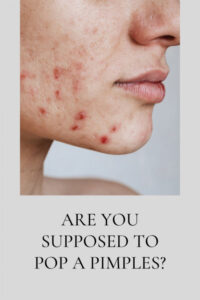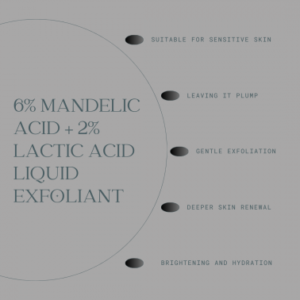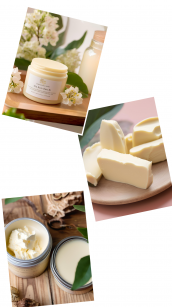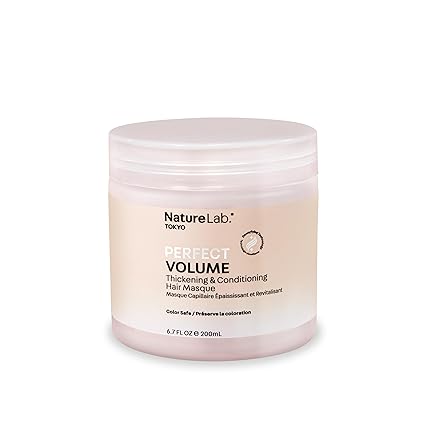People often worry about greasy hair when talking about taking care of their hair. The question arises: Is oily hair a sign of bad health? The answer is not straightforward. Greasy hair by itself is not bad for you, but sometimes it can show there are problems with your scalp or some imbalances in the body.
Table of Contents
ToggleDifferences between greasy and oily hair:
The terms “greasy hair” and “oily hair” are often used interchangeably in common language, but there can be subtle differences in their connotations and causes. Understanding these nuances can help in accurately identifying and treating hair concerns.
Oily Hair:
Oily hair is typically a result of natural sebum production from the scalp. It’s a normal physiological process where the sebaceous glands secrete oil to keep the hair healthy and moisturized.
Characteristics:
- The oiliness in naturally oily hair is more evenly distributed, especially if the hair is straight.
- People with naturally oily hair often experience a consistent pattern of oiliness, regardless of external factors.
- Genetics plays a significant role in determining if someone has naturally oily hair. Hormonal changes and diet can also influence oil production.
Greasy Hair:
Greasy hair, while also involving oil production, often refers to hair that becomes oily due to external factors or conditions rather than natural oil production alone.
Characteristics:
- Greasy hair might feel excessively oily or dirty, beyond the normal level of oiliness.
- This can include buildup from hair products, sweat, dirt, and environmental pollutants, leading to a greasy appearance.
- Factors contributing to greasy hair include overuse of hair care products, infrequent washing, environmental pollution, excessive touching of the hair, and lifestyle habits.
Key Difference:
Oily hair is more about natural sebum production, while greasy hair can be due to a combination of natural oil and external buildup. Oily hair might require regular washing with suitable products and maybe some lifestyle adjustments. Greasy hair often demands a review and change in hair care products, washing frequency, and addressing environmental or habitual factors.
Greasy hair and difference types of hair:
A study that looks at how different hair types like curly and straight, along with various colors such as black and blonde – affect the chances of getting greased up fast.
Straight hair often gets more oily than curly or wavy hair. This is because the natural oils (sebum) made by your head can easily move all along straight hair. So, oil spreads more evenly and makes things look greasier. Curly and wavy hair types usually don’t look oily. The curls and waves can slow down the flow of grease through hair, making it harder to see oil build up. But, the top of your head can still be greasy.
People with thin hair might see greasiness faster than those with thicker hair. Fine hair has more surface area for its size, which can cause it to get greasy quicker. The type of hair (like black, blonde etc.) doesn’t naturally impact how oily it is. But, lighter-colored hair may show oil more clearly than darker hair because the brightness makes it harder to see.
The health of the head skin and thickness of hair also matter. A head with lots of sebum, regardless of hair type, can cause greasier hair. Likewise, a lot of hair might hide oiliness better than less hair.
READ MORE: 20 Best Hair Growth Shampoos That Actually Work?
The Causes of Greasy Hair: More than Just Skin Deep
Understanding the root causes of greasy hair is crucial for effective management. Greasy hair is primarily due to the overproduction of sebum by the scalp’s sebaceous glands. Sebum is essential for maintaining healthy hair, but excess production leads to the greasy appearance. Several factors contribute to this overproduction of gyasy hair.
Genetic Factors:
The tendency to have greasy hair can be inherited. If your parents have oily hair, you’re more likely to experience it too. Genetics determine your scalp’s sebum production rate and hair type, which can influence how quickly hair appears oily.
Hormonal Changes:
Hormones significantly influence sebum production. Androgens, the male hormones present in both men and women, are particularly known to increase sebum production. This is why greasy hair is often more prevalent during puberty, pregnancy, and menstrual cycles, as these are times when hormonal fluctuations are common.
Diet and Lifestyle:
What you eat and how you live can also impact your hair’s oiliness. Diets high in greasy foods, dairy, and sugar can exacerbate oily hair. Additionally, stress can influence hormone levels, indirectly affecting sebum production. Physical activity and regular hair washing can help manage the oiliness, but excessive washing or harsh hair care products can strip the scalp of its natural oils, causing it to produce even more sebum.
Environmental Factors:
The environment plays a role too. High humidity can increase hair oiliness. Living in polluted areas can also lead to a buildup of dirt and oil on the scalp.
Improper Hair Care:
Using the wrong hair care products for your hair type can contribute to greasy hair. For instance, products meant for dry hair can be too heavy for oily hair, leading to increased greasiness. Over-brushing can also spread sebum throughout the hair, making it appear oilier.
Scalp Conditions:
Certain scalp conditions, like seborrheic dermatitis (a severe form of dandruff), can cause an oily scalp and hair. These conditions often require targeted treatment.
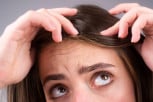
vista.com
Hair Texture:
The texture of your hair can affect how oily it appears. Fine hair tends to look oilier faster than thick or curly hair because it has more surface area for the oil to spread.
Managing Greasy Hair :
To prevent your hair from becoming greasy, it’s important to follow a balanced hair care routine and make some lifestyle adjustments. Over-washing can strip your scalp of natural oils, causing it to produce more oil, while under-washing can lead to oil build-up. Find a balance that works for your hair type – usually, every other day or a few times a week. Here are steps you can take:
Shampoo:
Picking a good shampoo is very important for keeping greasy hair in check. Find products made for oily hair that help control oil making without removing the scalp’s normal oils. Things like tea tree oil, lemon or clay can be helpful. Using a clarifying shampoo once a week can help remove product buildup and excess oil, but be careful not to overuse it as it can dry out your scalp.
Dry Shampoo:
A Fast Solution for Oily Hair Dry shampoo can help when you cannot wash your hair. It soaks up extra oil and renews the hair. But, this is only a short-term answer and should not be used instead of normal hair cleaning. While dry shampoo can absorb excess oil and be a quick fix, overuse can lead to buildup. Use it only when necessary.
Aveda Shampowder Dry Shampoo
Hair Mask:
Hair masks help oily scalps too. They are not just for dry hair; they can also be a big benefit for greasy hair. Masks with things like aloe vera or vinegar from apples can help fix the scalp’s acid level and lower too much oil. A weekly hair mask can be a good extra for taking care of your hair.
READ MORE: Briogeo Don’t Despair Repair Hair Mask- Review
amika soulfood nourishing mask
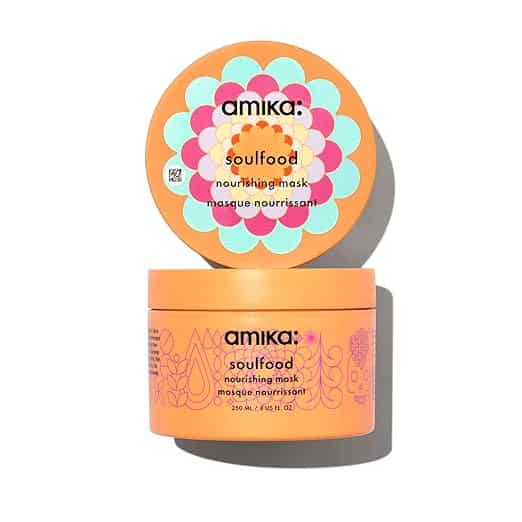
Apple cider vinegar:
Apple cider vinegar (ACV) can be a useful natural remedy for managing greasy hair. Its benefits in hair care stem from its ability to balance the pH levels of your scalp and reduce excess oil production. The natural acidity of apple cider vinegar helps balance the pH level of the scalp. It works as a natural cleanser, helping to remove product buildup and excess oil from the scalp and hair. A common ratio is one part ACV to three parts water, but you can adjust this based on your scalp sensitivity.
Hot Water:
Washing your hair with hot water does not directly cause it to become greasy. However, hot water can impact your scalp and hair in ways that might contribute to a greasy appearance. Hot water can strip away natural oils from the scalp and hair. This might seem counterintuitive, but when the scalp loses its natural oils, it can actually overcompensate by producing more oil, leading to greasier hair. Hot water can also irritate the scalp. So, That is the reason you must use cool or lake warm water.
Apple cider vinegar shampoo and conditioner:
ACV-based shampoos and conditioners help maintain the natural pH balance of the scalp. A balanced pH discourages excessive sebum production, thus reducing greasiness. The natural astringent properties of ACV can help control excess oil on the scalp, making your hair look less greasy. ACV has anti-inflammatory properties, which can soothe the scalp, reduce dandruff, and help with other scalp conditions that might contribute to oiliness. Use the ACV shampoo and conditioner as you would with your regular products. Ensure you rinse your hair thoroughly after using these products to remove all traces of vinegar.
READ MORE: PURA D’OR Apple Cider Vinegar Thin2Thick Set: A Game-Changer for Hair Transformation
Avoid products adding Moisture
If you have greasy or oily hair, it is generally advisable to avoid hair care products that are specifically designed to add moisture, as these products can exacerbate the oiliness of your hair. Products designed for dry or damaged hair often contain heavy moisturizing ingredients like certain oils or silicones. Moisturizing products can lead to buildup on the scalp and hair, especially if not thoroughly washed out. This can make hair appear flat, limp, and more greasy.
Alternative Product Choices for Greasy Hair:
These are typically formulated to cleanse the hair thoroughly without adding extra weight or oil. These can be used occasionally to deep-cleanse the scalp and remove buildup, but they should not be overused as they can strip natural oils, leading to increased oil production. If you use leave-in products, opt for lightweight formulas that won’t weigh down your hair. Look for products containing ingredients known for controlling oil, such as tea tree oil, witch hazel, or apple cider vinegar.

vista.com
Maintain a Healthy Diet:
Diet plays a role in skin and hair health. Consuming too much oily and fatty food can increase oil production in your skin and scalp. Focus on a balanced diet rich in fruits, vegetables, lean proteins, and whole grains.
Manage Stress:
Stress can impact hormone levels and, consequently, oil production in your scalp. Try stress-reduction techniques like yoga, meditation, or regular exercise. you can use Stress management supplements which are made organic and Vitamain.
Scarves and Caps:
Wearing scarves(hijab) and caps, particularly for long times can keep oil and sweat on your head. This makes a wet area that can make your hair oilier. Bad air flow can make you sweat and produce more oil because your head doesn’t get a chance to breathe. Scarves(hijab) and caps can make the head produce more oil by rubbing against them. Some things that don’t take in sweat well or are too close can make the issue worse.
Limit Use of Hair Styling Products:
Excessive use of styling products such as gels, pomades, and sprays can lead to buildup on both your scalp and hair. This buildup can clog hair follicles and weigh down your hair, making it appear oilier. Additionally, the accumulation of these products can irritate the scalp, potentially triggering it to produce more oil as a natural response.
SEE ONLINE: JVN Air Dry Cream, No Heat Air Dry Hair Styling Cream, Soft Styling Cream for All Hair Types,
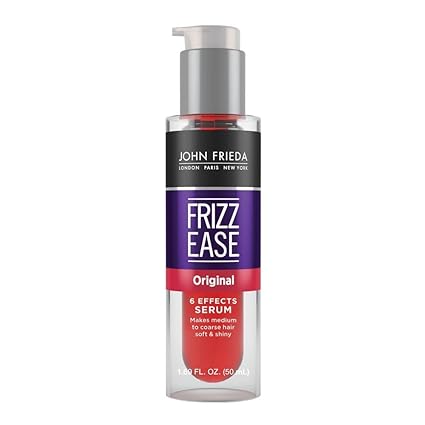
Change Pillowcases Regularly:
Over time, the natural oils from your hair and skin, along with sweat and any hair care products you use, can build up on your pillowcase. This accumulation can create an environment where the oils are easily transferred back onto your hair and skin. Along with oil, bacteria, dirt, and dead skin cells can also accumulate on your pillowcase. These can contribute to various skin and hair issues, including making your hair greasier. Regularly changing and washing your pillowcases helps to prevent the reapplication of these oils and dirt back onto your hair and skin. In addition to affecting your hair, dirty pillowcases can also impact your skin health, potentially leading to acne and other skin irritations.
Brush Moderately:
Brushing too much can distribute scalp oil throughout your hair. Use a boar bristle brush, which can help distribute oils evenly without overstimulating oil production.
Weather Conditions:
Humidity:
High humidity can cause your hair to absorb moisture from the air, leading to frizziness and, in some cases, increased oil production as your scalp tries to combat the moisture. Use lightweight hair products, and wash your hair more frequently if needed. A dry shampoo can be a quick fix for managing oiliness.
Hot Weather:
Hot weather can increase sweat and sebum production, making hair greasier. Maintain a regular washing routine with products suited for oily hair. Keep hydrated and try to minimize sweating on the scalp.
Cold and Dry Weather:
Conversely, in cold and dry conditions, your scalp might produce more oil to compensate for the lack of moisture in the air, which can also result in greasy hair. Wash your hair less frequently and use a mild shampoo to prevent over-stripping of natural oils.
Use tea tree oil:
Tea tree oil can help a lot with problems like dandruff, itching of the scalp or greasy hair if you use it rightly on your head. Always mix it with a base oil like coconut, almond or jojoba oil. A common amount is a few drops of tea tree oil mixed with one tablespoon of other oils. You can put a few drops of tea tree oil in your normal shampoo. This can be a helpful method to use it, especially if you have an oily head. This can assist in controlling oil output and keep scalp wellness.
Oiling the scalp or oil massage:
In fact, oil treatments can be beneficial for hair health when done correctly. Natural oils can help moisturize the hair and scalp, especially for those with dry hair. Applying too much oil or oiling too frequently can make hair look and feel greasy. If the oil is not thoroughly washed out, it can accumulate on the scalp and hair, leading to greasiness. Using oils that are too heavy for your hair type, like coconut oil on fine hair, can weigh it down and make it appear greasy. If you already have an oily scalp, adding more oil might exacerbate the greasiness.
Home Remedies:
- Mix a couple of tablespoons of apple cider vinegar with water and use it as a rinse after shampooing to balance the pH of your scalp. After shampooing your hair, apply the diluted ACV solution to your scalp and hair. Allow the mixture to sit on your scalp for a few minutes to absorb the benefits. Rinse your hair thoroughly with cool water. Overuse can lead to dryness, especially for those with dry or sensitive scalps.
- Lemon juice can help control oiliness. Mix it with water and apply it to your scalp for a few minutes before rinsing off.
Conclusion:
Greasy hair, while not a health hazard, can be a nuisance. Understanding its causes and adopting a suitable hair care regimen can make a significant difference. Remember, every scalp is unique, and finding the right balance is key to managing greasy hair effectively. Managing greasy hair typically involves adjusting your hair care routine to balance scalp oil production, such as using the right shampoo and conditioner, not over-washing, and avoiding heavy hair care products.



